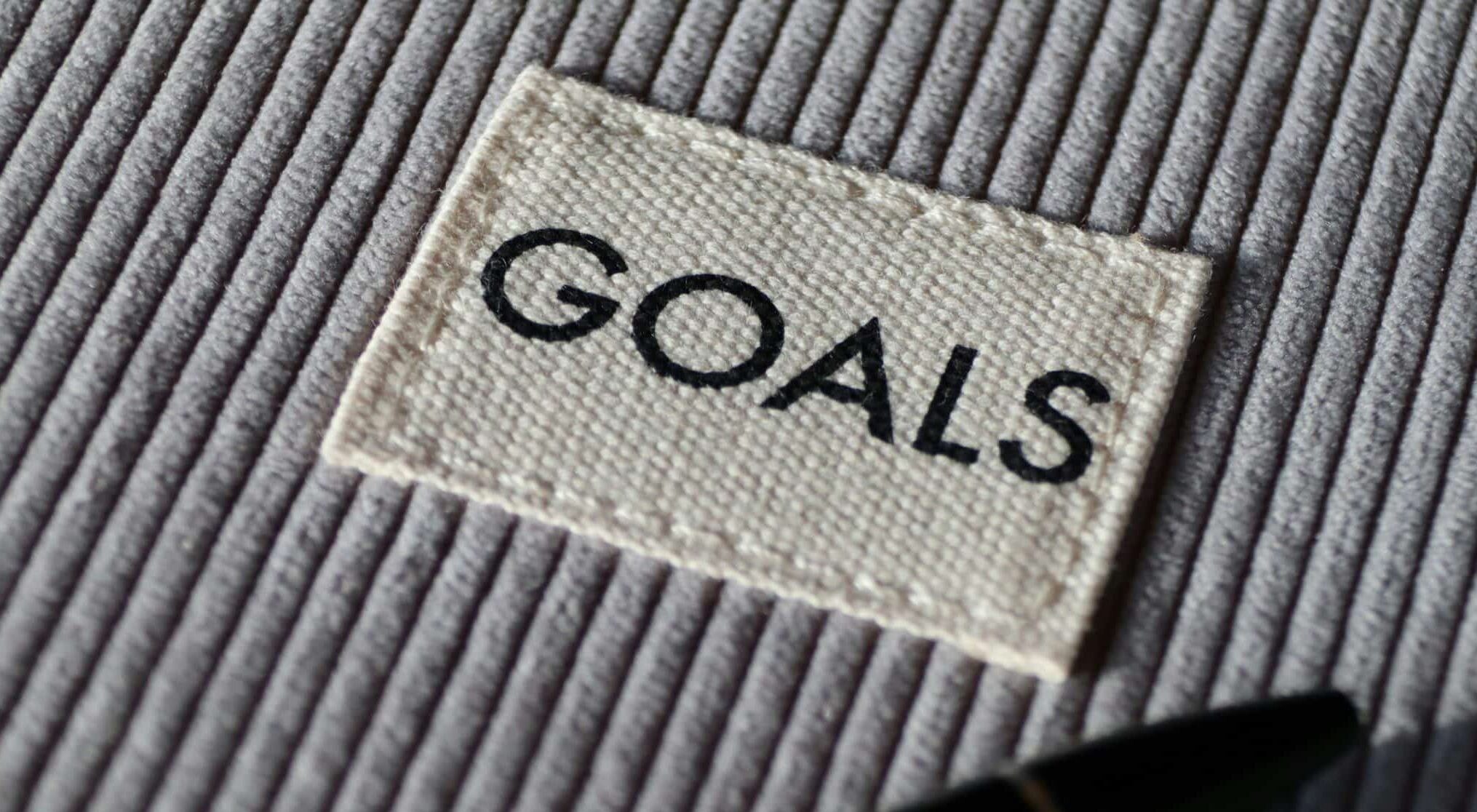
Tips for getting a good night’s sleep
This article is proudly supplied by Beyond Blue. It is adapted from a piece previously published on their website. Beyond Blue has extensive resources and tips on how to look after your mental health during the Coronavirus outbreak. Visit their website here.
Is worrying about coronavirus keeping you up at night? Sleep is crucial for our mental health and wellbeing, as well as maintaining perspective and a positive outlook. So, now, more than ever, we need to focus on getting enough good-quality sleep.
There are two types of sleep – ‘deep sleep’ and ‘dream sleep’. Good-quality sleep is about the amount of ‘deep sleep’ a person gets, not the length of sleep.
Most ‘deep sleep’ occurs during the first five hours after falling asleep. Sleep can be disrupted for a number of reasons, including anxiety and stress. With the Covid-19 outbreak at the forefront of many people’s minds right now, it’s not surprising if a good night’s sleep is proving elusive.
In the silence of the night, your worries and doubts become exaggerated. Without distractions, it can be hard to switch off a racing mind as you toss and turn. Constantly checking the clock and calculating how little sleep you’re getting only makes things worse.
Everyone experiences disrupted sleep at times; but issues with getting to sleep, staying asleep, or waking up at a ridiculous hour on a regular basis should be addressed. Getting on top of your sleep is an important part of managing your mental health; research shows that quality sleep at night helps you better manage your emotions during the day – and this is a priority right now in terms of supporting good mental health amid COVID-19.
The good news is that there are evidence-based strategies for dealing with issues with sleeping. These focus on creating habits that better associate your bed with sleep.
So, if you’re tired of waking up tired, here are three rules for getting that good night’s sleep you crave.
Start calming your mind and body in the afternoon
- Tiring yourself through (at-home) exercise will help but try to do it in the first half of the day.
- 4-6 hours before bed, limit your intake of alcohol, caffeine and nicotine.
- Two hours before bed, avoid using any devices. Screen light and apps are designed to trigger hormones in your brain that keep you alert.
Be consistent around bedtime
- Avoid napping during the day
- Develop a bedtime routine and try to go to bed and wake up at the same time each day (even on weekends).
- Keep your bed for sleeping only; don’t read, watch TV or use your phone in bed.
Get out of bed if you can’t sleep
- If you haven’t been able to sleep after 20 minutes, get up and do something boring in dim light until you’re tired and then try again. And repeat as often as needed. It may take a few tough nights sticking to this rule to see results, but it can be the most effective strategy of the lot.
- Develop a bedtime routine and try to go to bed and wake up at the same time each day (even on weekends).
- Write down any thoughts you’re stuck on, in a notepad, to get them out of your head. Working on improving your sleep may feel futile at first – so continue to remind yourself about why getting more sleep is important to you.
Experiment with some of these strategies and see what works best for you. If sleep continues to be an issue, it’s worth talking to a specialist and finding out about the full range of treatment options available.






I had BAD sleep apnea. 60+ apneatic episodes a night. Falling asleep all day, dozing off at traffic lights, drank coffee constantly, couldn’t really concentrate, etc. Got into habit of having wine before bed to “help”. Not a good idea. Got sleep treatment and CPAP machine, sleep improved dramatically, apneas down to 1 an hour. Stopped wine in evening, even better quality sleep. Lost weight, more alert and engaged, life is amazingly improved. Maybe not everyone’s fix, but sure as heck was mine.
I notice when drinking my sleep patterns change! From struggling to get to and stay asleep! Tossing and turning and being wakeful throughout the night! Whilst not drinking I sleep better, I do wake but try to stay calm and practice mindful breathing! Your blog say to not read but I find this helps me to tire!!! I also agree that when drinking the thought of alcohol as a pick me up stimulates the alertness! I have been doing the on off drinking a few times but finding this time I’m more aware of the cycle and not feeling like or contemplating wanting to drink! So I’m pretty pleased with myself!!